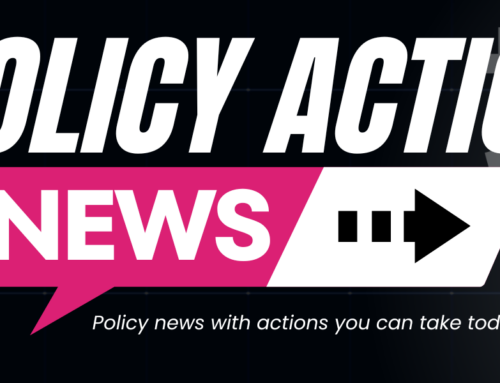There are two big dates to watch: October 1 and December 31. If Congress cannot find common ground by the start of the next fiscal year (October 1), the U.S. could see its fourth partial government shutdown in a decade. Moreover, a deal made during last month’s debt-limit agreement adds an additional layer of urgency: if Congress does not pass the 12 spending bills by the end of the year (December 31), there will be 1 percent cuts on all discretionary spending. (Mandatory spending on programs such as Medicare and Social Security would not be included in that 1 percent cut.) This is a rapidly shifting issue. Right now, U.S. House and Senate subcommittees are creating their own proposed spending bills, which will change as they move through Congress. These spending bills fund programs and agencies that impact most aspects of our lives, from housing to healthcare to education. Congressional budget priorities are deeply divided along party lines. With a Democrat-led Senate and a Republican-led House of Representatives, those bills—and the priorities they represent—will likely vary widely between the House and Senate versions. It’s important to keep track of the moving parts and what’s at stake. The spending bills we have seen from the U.S. House are already deeply concerning for people living with HIV. One of those bills (known as “Labor-HHS” because it impacts funding for Labor, Health and Human Services, Education, and Related Agencies) will largely determine the budget for the federal HIV response. On July 13, 2023, the House’s Labor-HHS subcommittee proposed a bill with nearly $500 million in cuts to programs related to HIV prevention and care. If passed, the bill would cut $238.5 million from the Ryan White HIV/AIDS Program, $226 million from the National Center for HIV, Viral Hepatitis, STD and TB Prevention at the Centers for Disease Control and Prevention, and $32 million from the Minority HIV/AIDS Fund. Amongst these cuts are the complete defunding for programs such as Part F of the Ryan White HIV/AIDS Program. These program cuts would put the lives, health, and well-being of many in our communities, and particularly Black, Brown, Indigenous, people of color, trans*, and non-binary people, in danger. Another spending bill, the defense bill, passed the full U.S. House on July 14, 2023. This one included devastating restrictions on abortion access, gender-affirming care and diversity training for military personnel. While this defense bill will nearly certainly not pass the U.S. Senate, the harsh political reality is that negotiations over these spending bills are just beginning. There will undoubtedly be more harmful “compromises” and additional “riders” as these bills move through Congress for a vote. In the coming months, PWN-USA will continue its federal advocacy alongside partners in spaces like the U.S. People Living with HIV Caucus. We will provide updates on the budget process and how it impacts people living with HIV. This budget update is just one more example of how our systems were built to fail us. We will stay vigilant in practicing community care while advocating for the services, programs and funding that our communities need and deserve. |





 The
The A federal court
A federal court  Biden
Biden Billions in federal subsidies for child care providers are
Billions in federal subsidies for child care providers are